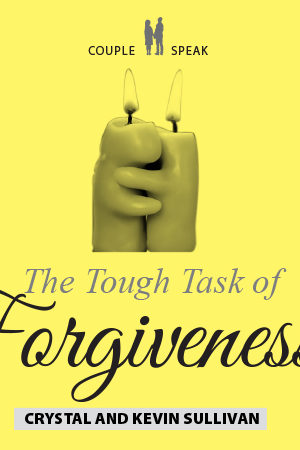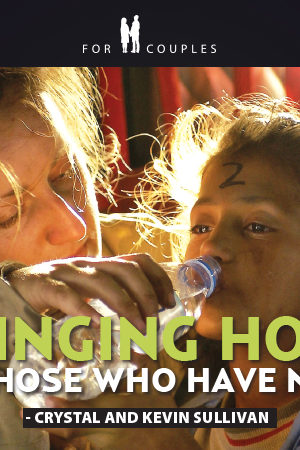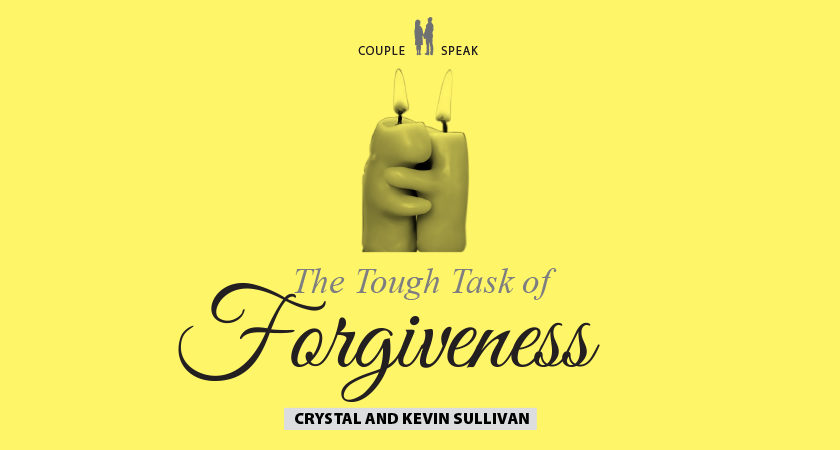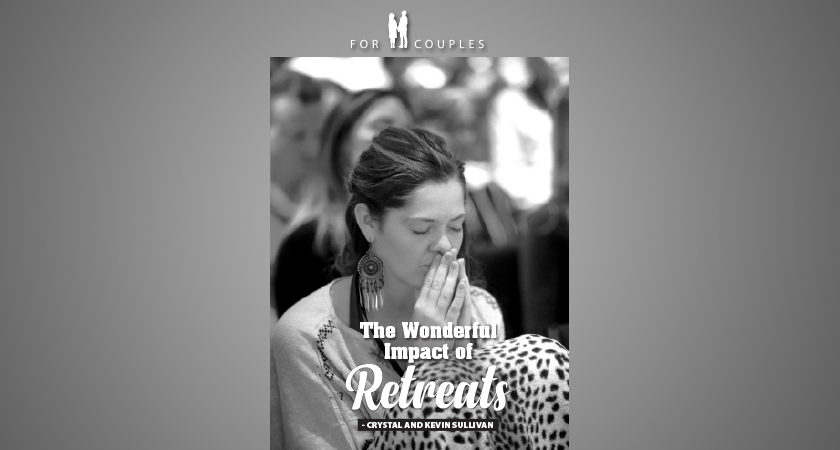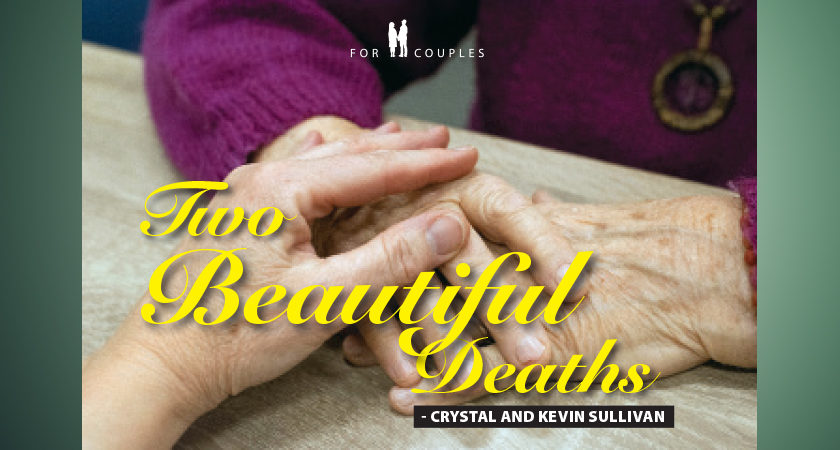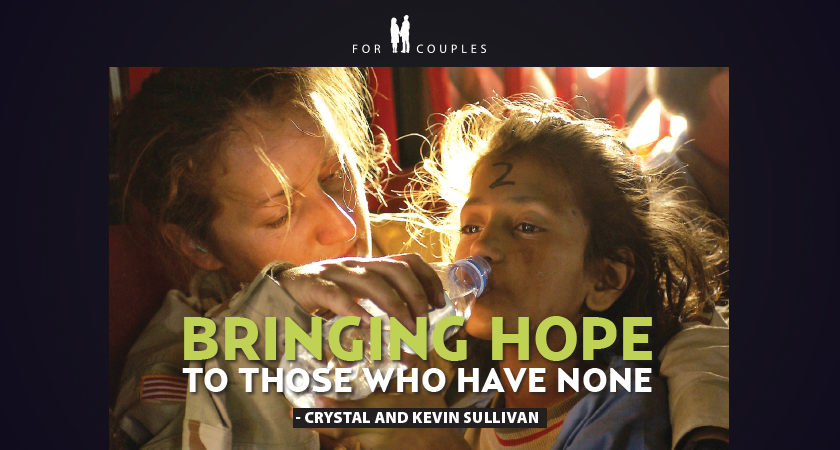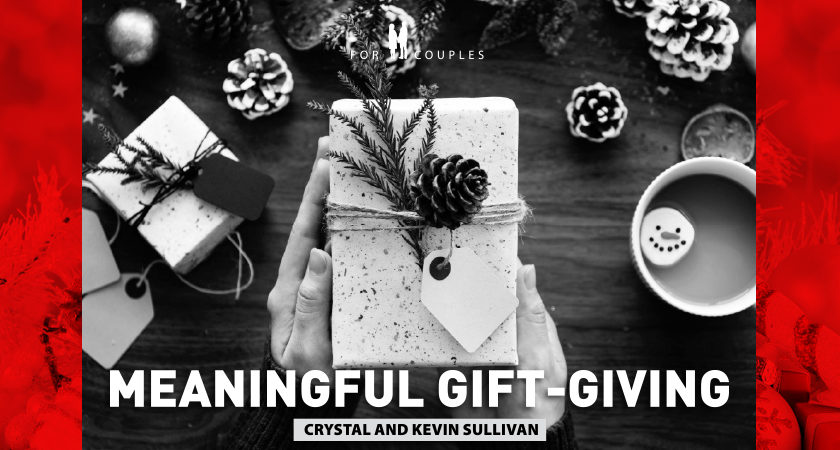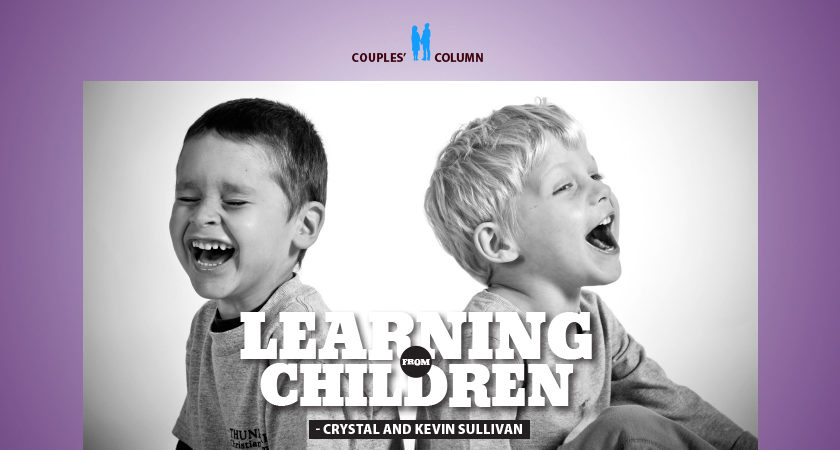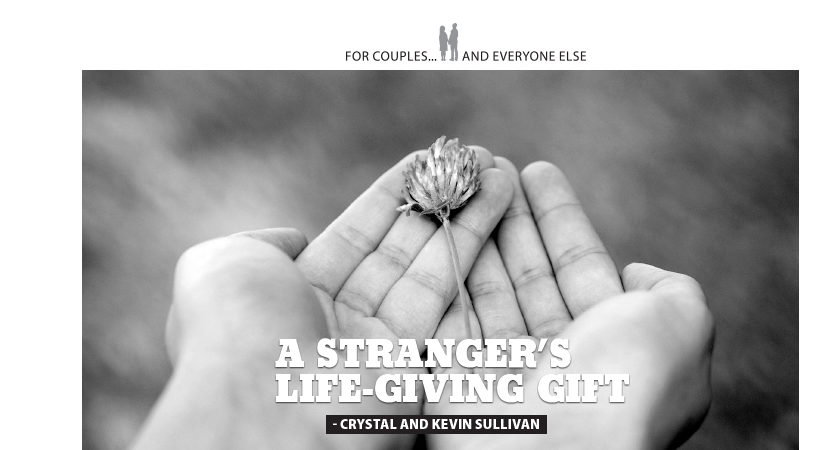CRYSTAL
Reflecting on Scripture every morning has become a regular part of my prayer life, and there are those occasional moments when the words seem to jump off the page with God shouting… “Pay attention to this!”
This happened recently as I read the letter of St. Paul to the Philippians. Paul is describing his continued attempts to throw off any worldly goals and attain perfect holiness in a life possessed by Jesus Christ. Paul counsels: “Just one thing: forgetting what lies behind but straining forward to what lies ahead, I continue my pursuit toward the goal, the prize of God’s upward calling, in Christ Jesus.” (Philippians 3:14)
At first glance, this might not seem to be an overly momentous verse, but just a few moments earlier I had been reflecting on God’s love and forgiveness and this verse summarized and confirmed where my thoughts had led me. As a little background, Kevin and I had recently gone to the theater and watched the movie “Unplanned” about a woman who had worked for Planned Parenthood and had (indirectly) been involved in over 22,000 abortions.
To read the entire article, click Subscribe
Crystal and Kevin Sullivan
